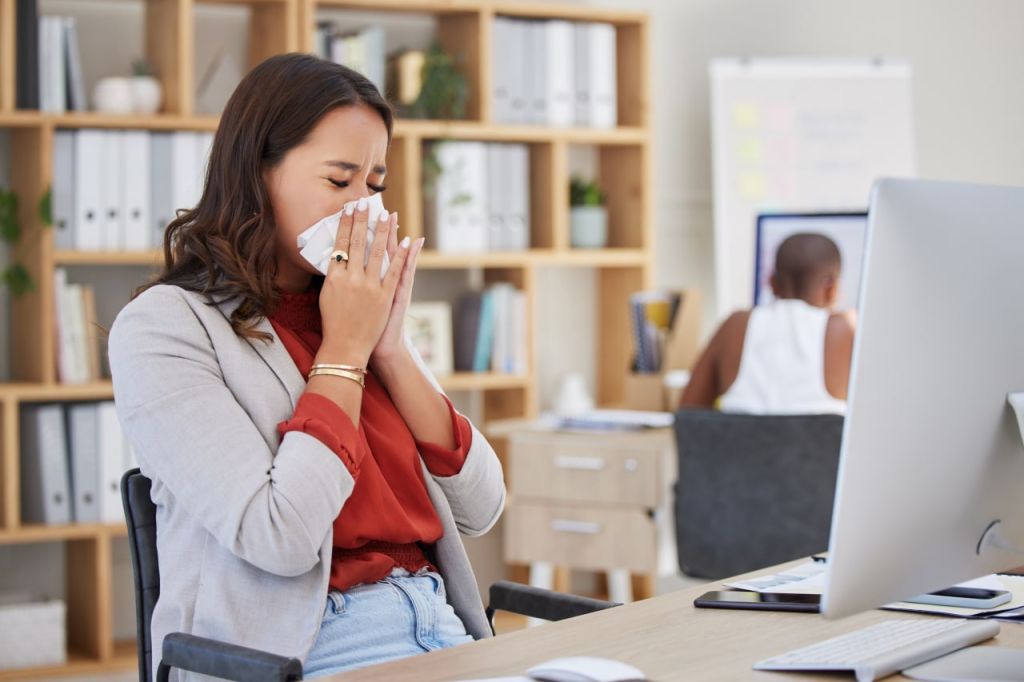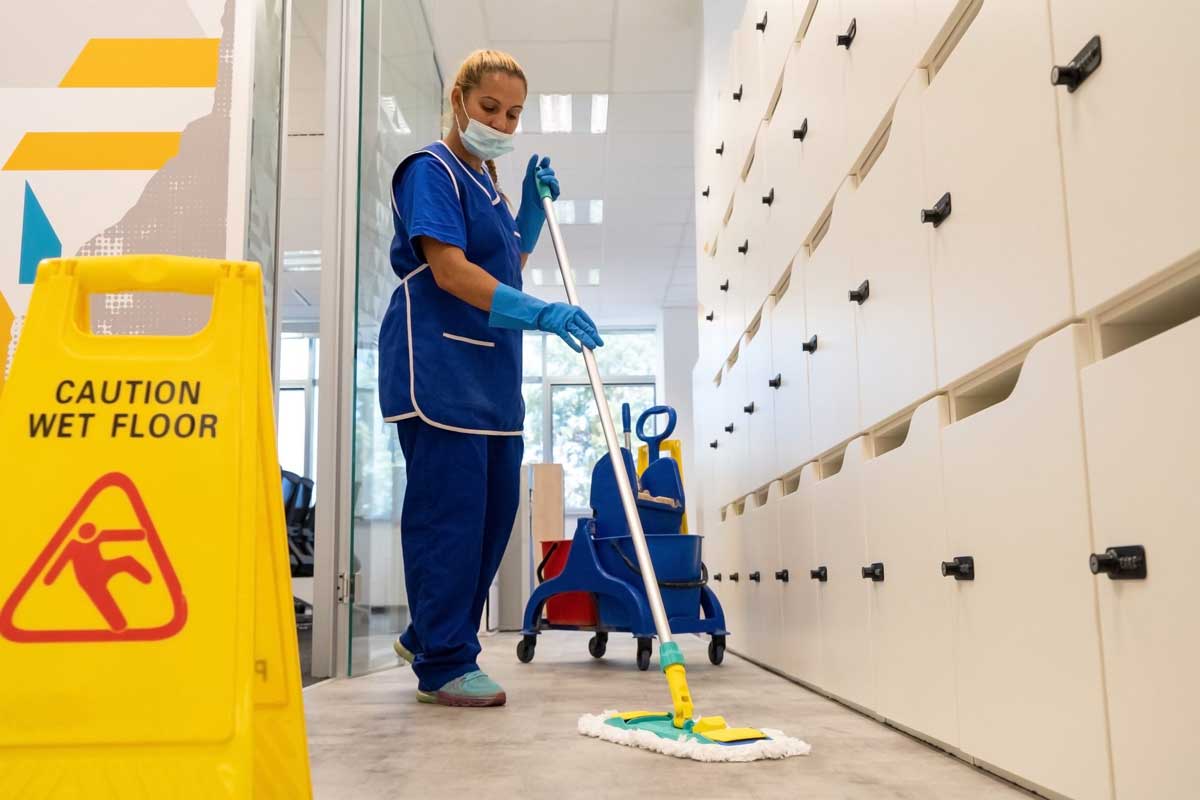Can Cleaning Help Your Allergies? 7 Tips for Allergy Sufferers
Sneezing, congestion, and itchy, watery eyes are common throughout allergy season. It can matter what products you use and how you clean your home and place of business. However, you won’t benefit from allowing allergies to accumulate in your house either. You must understand how to clean when you have allergies unless you prefer having scratchy eyes and sneezing bouts. For some useful advice, continue reading.
Cleaning Advice for Allergy Sufferers
1. Schedule Your Cleanings
Those fortunate individuals who have never looked at the pollen prediction might be able to get away with slacking on their cleaning. But if you have allergies, it’s critical to maintain a clean home to avoid creating a triggering environment. Those who have allergies should try to clean them every day of the week. Spread up the ensuing activities so that you only have to perform a small amount of maintenance each day.
2. Wear a Mask
Put on a mask when cleaning at home or organizing your workspace at work to protect yourself from the dust you’ll be stirring up. It can also help if you have a sensitivity to strong-smelling cleaning supplies like bleach. After you’ve completed cleaning, either keep the mask on for a few hours or try to leave the house if you can, as any dust you’ve disturbed during your deep cleaning may take some time to settle.
3. Vacuum Regularly
To reduce the amount of dust in the air, make sure your facility cleaner vacuums rather than sweeping. Instead of scattering dirt and dust into the air, the Hoover does a better job of trapping it. To clean for allergies, make sure to hoover rather than sweep because brooms create more dust than they remove. It’s recommended to use the vacuum cleaner—along with any necessary attachments—at least twice a week to clean all the furniture and floors in your home. Additionally, using a Hoover with a small particle or HEPA filter is advised by the American Academy of Allergy, Asthma & Immunology (AAAI). These filters are made to capture small dust, dander, pollen, and other particles.
4. Get an Air Purifiers
You’ll find plenty of options for air filtration systems that can remove airborne allergens from your home or office. Depending on the size of your facility, you might have a large-scale air purifier. Smaller-scale purifiers feature smaller systems with HEPA filters that can help with allergens. Just make sure you replace the filter regularly so the air purifier can do its job. They eliminate the need for synthetic air fresheners, which are toxic and dangerous for anyone with allergies because they not only deal with chemicals but also neutralize odors. Choosing the correct houseplants may also improve the quality of the air you breathe, according to some scientists. Snake plants, aloe vera, and dracaena are examples of purifying varieties.

5. Use Microfibre Cloths
Microfiber cloths are great for cleaning because they attract dust better than a dry paper towel or cloth. If you don’t have any microfiber cloths to dust your office, try dampening a cloth so you can pick up more dust. Whether you have allergies or not, a microfiber cloth should always be your first choice when it comes to cleaning dust. When they’re damp, they are even more so than when they’re dry, they draw dust rather than merely moving it around like standard cotton versions.
6. Shut Your Windows
At work, closing your windows will keep pollen-filled air out of your building. It’s simple to believe that getting some fresh air will help, but this can simply aggravate your allergies. Cleaning the highest locations first and then moving down can aid your allergies and cleaning efficiency. Because cleaning stirs up dust and debris into the air, you’ll clean your floors last. Professional cleaners will perform a thorough job if you employ them.
7. Minimise Dampness in the Bathroom
When cleaning for allergies, humidity must be kept under control. Bathroom dampness, if untreated, can lead to more mold spores floating throughout your house. Every time you take a shower, wipe down the bathroom’s walls, floors, and fixtures with a microfiber cloth. After you leave the bathroom, keep the doors open to let the space air out. In order to allow for some airflow in the shower, you should also keep the shower curtain drawn back. Additionally, remember to once weekly clean the area beneath the toilet to get rid of any hair or dust that has accumulated there.
Time to Hire a Professional?
The best way to get rid of allergens is to clean everything thoroughly and frequently. But you may also ease your own burden by limiting the number of allergens that come into your house or office in the first place. Doormats are crucial, as well as instituting a no-shoes-in-the-house rule. Invest in two external doors for everyone you have—one inside and one outside—to trap as much as you can. Even though it could be challenging on a sunny day, keeping your windows closed is a smart idea if a high pollen count is predicted. If you really want to help your allergies, hire a professional cleaner to keep your home spotless and your allergies at bay. If you’d like some help professionally cleaning your facility, reach out for a free estimate.

